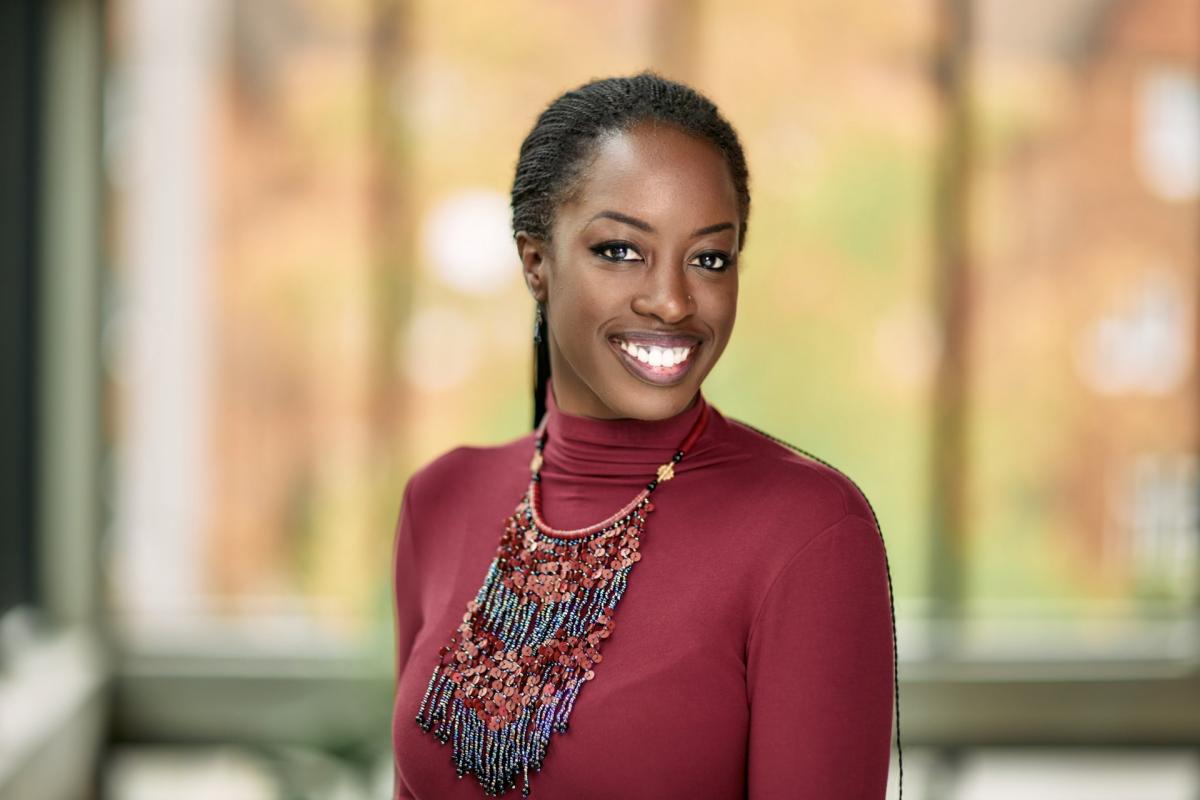
The “politics of coups” shape the response to West Africa´s military juntas
When Mali´s government was overthrown by a military coup in August 2020, the military junta was met with widespread international condemnation and sanctions. The African Union (AU) and The Economic Community of West African States (ECOWAS) imposed a number of sanctions on the country: trade of goods was prohibited, financial transactions suspended, borders closed, assets frozen, and Mali was suspended from both the AU and ECOWAS.
When Guinea and Burkina Faso experienced their own military takeovers in 2021 and 2022, the AU and ECOWAS reactions were milder: suspension from the two organisations, asset freezes and travel bans, but no further sanctions.
Why this big difference in reaction from the AU and ECOWAS after each military coup?
Severe vs mild sanctions
Since 2020, West Africa has witnessed a number of military coups and uprisings. New military leaders have overthrown the presidents of Mali (August 2020 and May 2021), Guinea (September 2021), and Burkina Faso (January and September 2022). But even though both the AU and ECOWAS have a clear policy on punishing unconstitutional changes of government, the two organisations have reacted very differently to the five West-African military coups since 2020.
Why this has happened is one of the questions Kamissa Camara is addressing in her PhD project at the University of Oxford. Kamissa Camara is Mali´s former Minister of Foreign Affairs and Chief of Staff to President Ibrahim Boubacar Keïta, who was ousted in the 2020 coup. She will present parts of her research on the regional and international responses to African military coups at the seminar “West Africa's Sahel region in times of rupture and shifting global political orders”, which is co-organized by the Centre of African Studies (University of Copenhagen) and the Danish Institute for International Studies.
-The difference in reaction to the coups in Mali, Guinea and in Burkina Faso might have something to do with the timing of the coups. Mali happened first, and ECOWAS might have been hoping to deter other military coups by imposing severe sanctions on Mali. Simultaneously, the Mali military junta was quite aggressive towards ECOWAS. They declared the ECOWAS sanctions “inhumane” and “illegitimate” and expelled the ECOWAS ambassador, claiming he was meddling in internal affairs. That way, roles were flipped, and the ECOWAS became the aggressor, says Kamissa Camara.
The anti-coup norm
After the Cold War, a global consensus against “unconstitutional changes of government” emerged. Institutions such as the United Nations, the European Union and individual states developed norms to punish governments that came to power after coups.
-In the case of the AU and ECOWAS, they both have a list of sanctions which should be applied against governments formed after a military coup. In reality, however, sanctions are seldom fully applied but rather implemented on what could be characterized as a coup-by-coup basis.
- The objective of the anti-coup norm is to prevent coups. When it is not upheld, coup-makers will be more willing to take a chance because why not? If organisations start to select between coups, then what is the use of an anti-coup norm, asks Kamissa Camara.
France is out
Following the military coups and deteriorating relations between Mali and France, Emanuel Macron withdrew France´s troops in 2022, ending 9 years of French military operations in Mali. Simultaneously, the Russian private mercenaries from the Wagner group stepped in as a new collaborator for the Malian junta. But according to Kamissa Camara, the narrative that Russia is encouraging military coups is not entirely accurate.
- I think France has made significant tactical errors in the region, and now the political landscape has undergone a drastic transformation characterised by a rise in younger leaders. The new presidents, often in their late thirties or early forties, feel no need to align with France's objectives and desires. They are eager to pave their own paths and are keen on avoiding what they consider the mistakes of their predecessors, says Kamissa Camara.
- The military juntas seem to resonate with younger people. They represent a break from the traditional order and are seen as a defiance of the longstanding international norms. France, the forever colonial power, has been told to leave. Unexpectedly to the West, these new leaders have now turned towards Russia. They clearly want the freedom to choose whom they partner with, says Kamissa Camara.
Eroding legitimacy
But if the military juntas represent a shift away from the French and, more broadly, Western influence, will they instead turn towards the regional bodies of AU and ECOWAS?
- I don´t think they feel like they have to listen to anybody. The legitimacy of the ECOWAS and the AU to influence these volatile political situations is in question. These organisations have seen their legitimacy erode in many people's eyes. For instance, ECOWAS's silence and failure to intervene when Guinea’s president Alpha Condé was seeking an unconstitutional third term led to a loss of credibility of the ECOWAS among the Guinean people. ECOWAS has also been accused of turning a blind eye when it suits its interests, as seen in its acceptance of Alassane Ouattara’s unconstitutional third term as president in Cote d’Ivoire. These inconsistencies have damaged ECOWAS's legitimacy, giving the military juntas less reason to take the organisation seriously, says Kamissa Camara.
